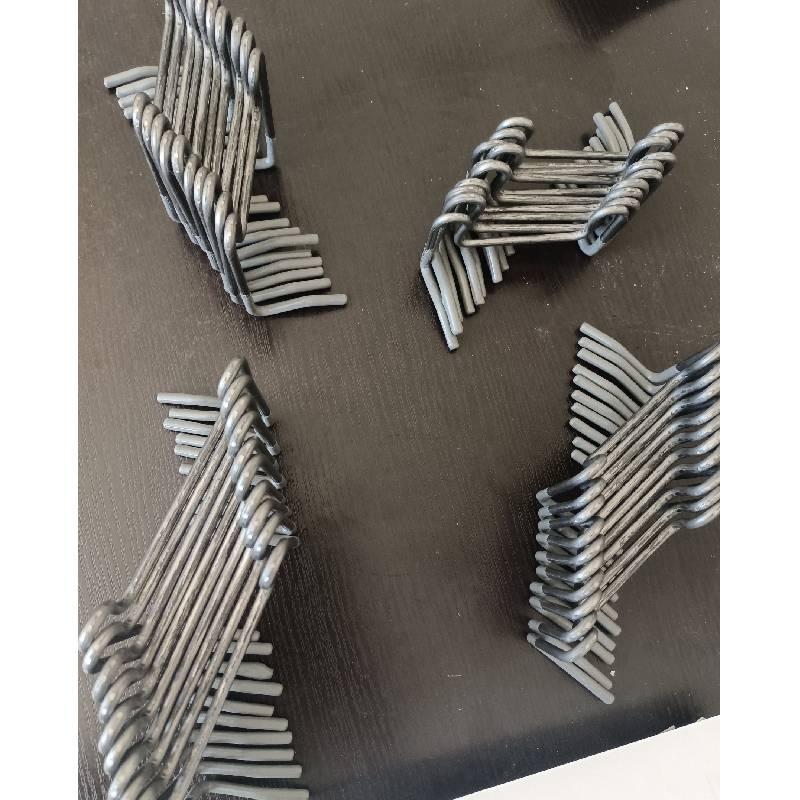
- Mobile Phone
- +8613931874955
- sales@cntcmetal.com
concrete block ties
Concrete Block Ties A Durable Solution for Construction and Infrastructure
Concrete block ties are an essential component in modern construction and infrastructure projects, serving a wide range of purposes from providing structural support to ensuring stability in various applications. As a material known for its durability and strength, concrete has become a favored choice for both builders and engineers alike. In this article, we will explore the significance, applications, and benefits of concrete block ties, as well as their evolving role in the construction industry.
The primary function of concrete block ties is to secure concrete blocks together, thereby enhancing the overall strength and stability of structures. These ties are typically made of steel or plastic and are designed to be embedded within the concrete as it sets. This reinforcement allows for increased load-bearing capabilities, making concrete block walls suitable for a variety of applications, including residential, commercial, and industrial structures. The appropriate use of concrete block ties can help to prevent issues such as wall cracking and bending, thus ensuring the longevity of the building.
One notable application of concrete block ties is in the construction of retaining walls. Retaining walls are critical for managing soil erosion and supporting sloped landscapes. By utilizing concrete block ties, builders can create robust retaining walls that effectively resist lateral soil pressure. Furthermore, these ties can accommodate shifts in soil and weather-related expansions and contractions, making them a reliable solution for landscapes that face changing environmental conditions.
concrete block ties

In addition to retaining walls, concrete block ties are also widely used in the construction of sound barriers along highways and railways. These barriers help to minimize noise pollution, creating a more serene environment for nearby residents. The strength and durability of concrete block ties ensure that these barriers remain effective over time, enduring the stress of high winds, heavy rains, and temperature fluctuations.
Moreover, the versatility of concrete block ties enables their use in other structural applications, such as basements and foundations. When reinforced with concrete block ties, these structures gain additional stability, which is especially important in areas prone to earthquakes or flooding. The ties help to distribute loads evenly, reducing the risk of structural failure.
The evolution of concrete block ties has not gone unnoticed by the construction industry. Advancements in technology have led to the development of enhanced materials that offer increased tensile strength and resistance to corrosion. As sustainability becomes a focal point in construction, many manufacturers are also exploring eco-friendly alternatives to traditional materials, further contributing to the industry's efforts to reduce its environmental impact.
In conclusion, concrete block ties play a crucial role in the construction and infrastructure sectors, offering strength, stability, and versatility. As construction practices evolve, the demand for durable and reliable materials continues to grow, solidifying the position of concrete block ties as an integral component of successful building projects. Whether utilized in residential construction, retaining walls, or sound barriers, they provide a foundation of safety and longevity that is essential for today’s infrastructures. As both innovation and sustainability shape the future of construction, concrete block ties are likely to remain at the forefront, supporting the structures of tomorrow.
share:
-
Why Sacrificial Formwork Is Redefining Underground ConstructionNewsJun.06,2025
-
The Structural Dynamics of Modern Concrete: How Snake Spacers Revolutionize Flexible ReinforcementNewsJun.06,2025
-
Snake Spacers Smart-Lock Concrete Reinforcement with Surgical PrecisionNewsJun.06,2025
-
Snake Spacers: Reinforcement Precision for Modern Concrete ProjectsNewsJun.06,2025
-
Snake Spacers Powering Concrete's Structural DNANewsJun.06,2025
-
Slither into Success: Snake Spacers' Precision Bite for Unbreakable ReinforcementNewsJun.06,2025
-
Sacrificial Formwork: Building Stronger, Faster, and Safer StructuresNewsJun.06,2025



















